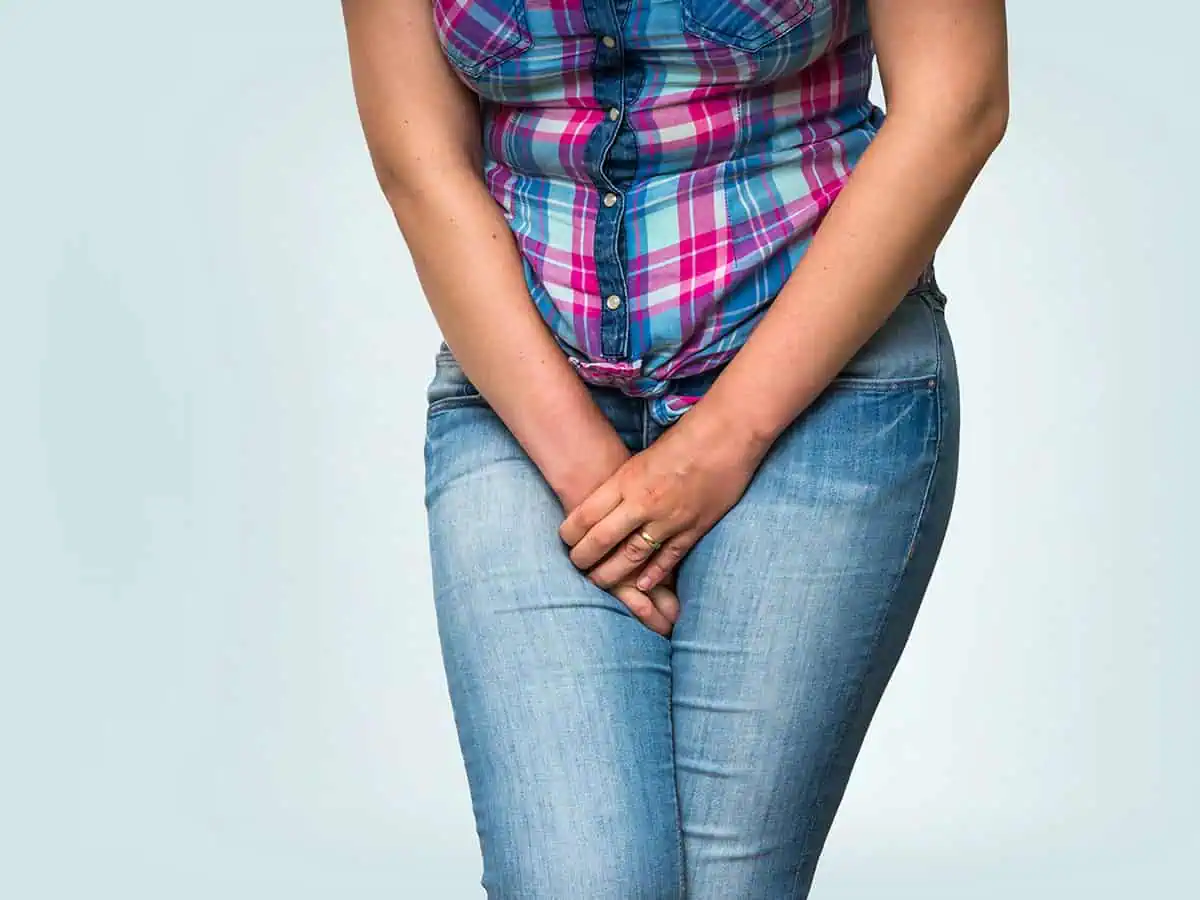
Issue 10/2025
Bozhkov, A., Dochev, Y., Velichkov, V., Popov, E.
Clinic of Urology and Andrology, UMBHAL “Tsarina Ioanna – ISUL” – Sofia
Stress urinary incontinence is a common condition characterized by the sudden, involuntary leakage of urine during activities that increase intra-abdominal pressure, such as laughing, sneezing, coughing, or exercising. This condition affects millions globally, significantly impacting their quality of life. Although it can occur in men after prostate surgery, Stress urinary incontinence is prevalent in women, particularly those who have undergone multiple vaginal childbirths, menopause, or pelvic surgery.
The primary causes of stress urinary incontinence in women are the weakening of the pelvic floor muscles and connective tissues supporting the bladder and urethra. Intrinsic sphincter deficiency is the other major cause. Despite its prevalence, many individuals feel embarrassed and hesitate to seek medical help, leading to underdiagnosis and inadequate management.
Effective treatment of stress urinary incontinence requires a comprehensive understanding of its etiology, pathophysiology, accurate diagnosis, and the various therapeutic options from which a customized treatment plan can be formulated. Such a plan may include conservative measures, lifestyle changes, bladder training, Kegel exercises, physical therapy, biofeedback, electrostimulation, pharmacotherapy, pessaries, urethral bulking agents, slings, and various other surgical procedures, including artificial sphincters.
Address for correspondence:
Assoc. Prof. Dr. Elenko Popov
Clinic of Urology and Andrology,
UMBHAL “Tsarina Ioanna – ISUL” – Sofia
8, „Bialo more“, Str.
1527, Sofia
e-mail: shennyp@yahoo.com
